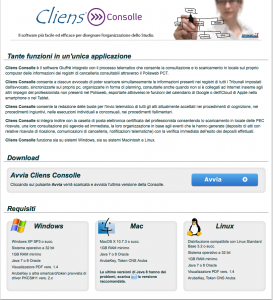The not uncommon practice in the ICT/Mobile business of “doctoring”products to look good on benchmarks has find its way into the automotive (and God knows into how many others) business.
Volkswagen, though, isn’t the only to blame because, true, they cheated, but no public supervising authority? ever glimpsed at the software ran by its vehicles, only focusing on “hardware” tests. And – I guess – even if the controllers would have thought of examining the software, they would have been prevented to do so by “the need of protecting Intellectual Property” that – as the “National Security Excuse” – is a buzzphrase to stop any further investigation on controversial matters.
Volkswagen’s Dieselgate shows once more that (a certain way to think of) Intellectual Property – as well of Privacy – has neatly changed its role from being a tool to protect legitimate interests into a shield for wrongdoings.
Were the Volkswagen software released under an open source licensing model, the fear of being exposed would have forced the company to play by the book and would have allowed a true and thorough check by the competent authorities, avoiding a major damage for the industry, investors, employees and citizens.

